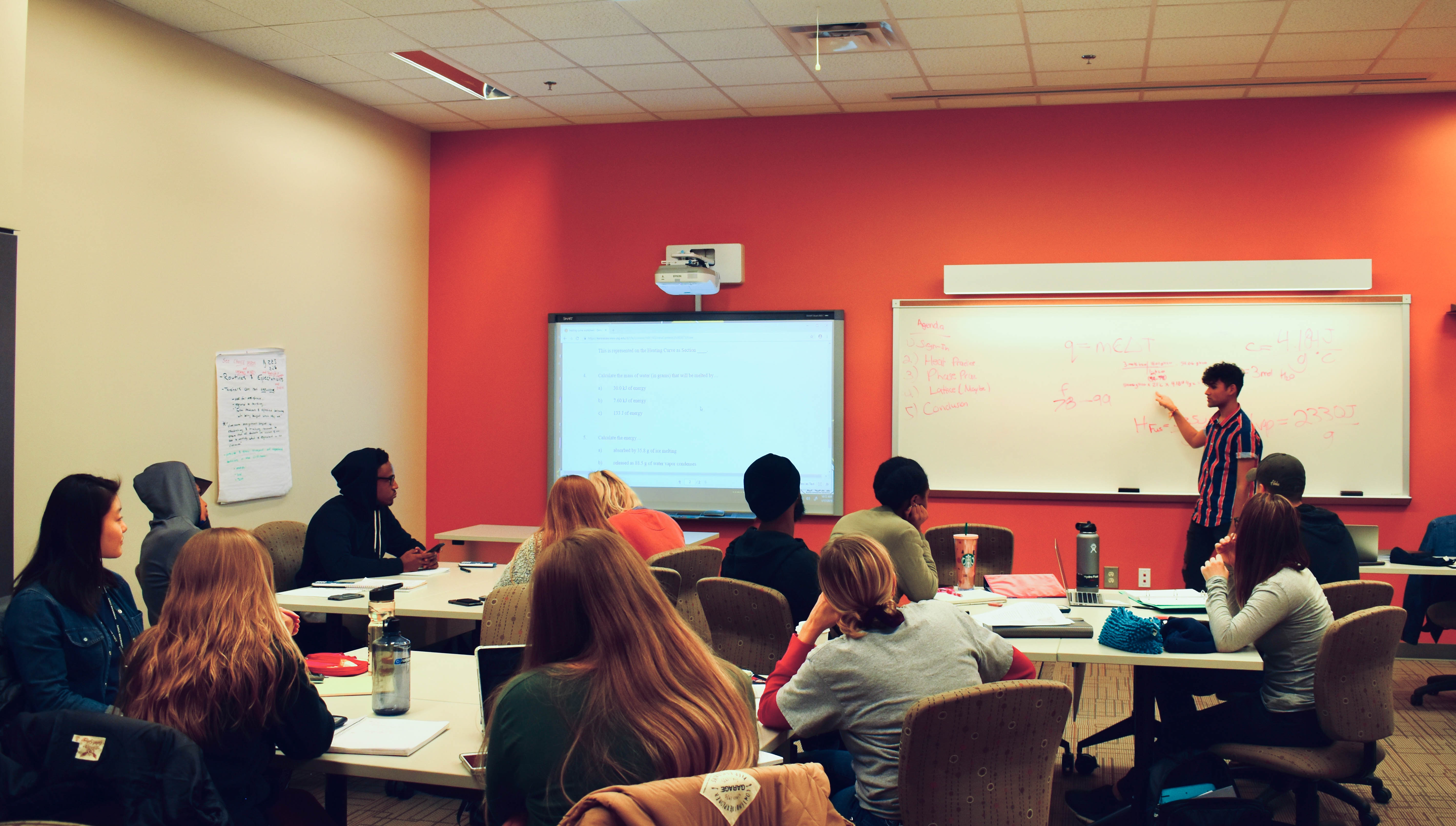The Society of Professional Journalists was honored to host CNN Associate Producer Jennifer Matthews on Tuesday evening as she spoke to the organization about the changing nature of journalism in a digital world.
After giving a brief overview of both her personal and professional history, Matthews addressed the changing climate of the field of journalism.
“With the way the digital frame is right now,” Matthews said, “journalism students can’t afford to think that, ‘oh, mom said all I’ve got to do is get an education, intern, and then I’ll have a job.’ It doesn’t work that way anymore.”
Instead, Matthews offered practical advice for students looking to increase their likelihood of employment before they even graduate.
“You kind of have to know just about everything in order to be hirable,” Matthews said. “You’ll have to know how to shoot video, you’ll have to know how to voice packages. If you work for a company that has a newspaper, be prepared to write a newspaper piece, a web piece, and have a video piece to accompany it.”
In order to enhance visibility to employers, Matthews stressed the importance of knowing how to effectively use digital tools, including Facebook and Twitter, to further career prospects.
She proceeded to list her top apps and favorite technology that she uses as a journalist in the field.
Her selections for audio and video include FiLMiC Pro, an editing app for audio and video files, and iTalk, an audio recording app. She also endorsed Camera+, an app that simplifies the photo editing and sending process.
Matthews then recommended Evernote for scheduling and note taking, TapeACall Pro for recording phone interviews, and Dropbox for file sharing.
All of Matthews’ recommendations are available on the Apple App Store.
Matthews then shifted her presentation focus to advising the students on specific tech that they would find helpful in the field.
Her top priority was to explain the concept of a MoJo Kit, or Mobile Journalism kit.
“If you have a mobile phone, or especially an iPhone, invest in getting…equipment, like the roadie mics, the focus stabilizers, because that lets us know…hey, that’s a real journalist,” she said. “They have the stuff that they need already. We don’t have to really tell them what to do.”
Matthews further reminded students that, while technological proficiency is essential in the field, it will never replace the need to write quality stories.
“Using digital tools does not take away from the aspect of knowing how to write, and a lot of people get that a little mixed up.”
Even after a sobering, real-world take on the journalism profession, students were encouraged by Matthews’ presentation.
Amanda Rush, a senior public relations student said, “I liked how she gave us real world tips. She gave us a list of apps that we could put in our phones, she gave us examples of going out and getting a mentor, and how it’s never too early to start your career.”
“It was very informative, and helpful,” said Andrew Rodriguez, a senior communication major. “She answered the questions that people had very naturally.”
Matthews left the students with the encouragement that all of their hard work would pay off in the end.
“If you really want to be in journalism,” she said, “it’s going to be rocky, you’re going to be cheap labor, but if you love what you do, you’ll never work a day in your life.”

